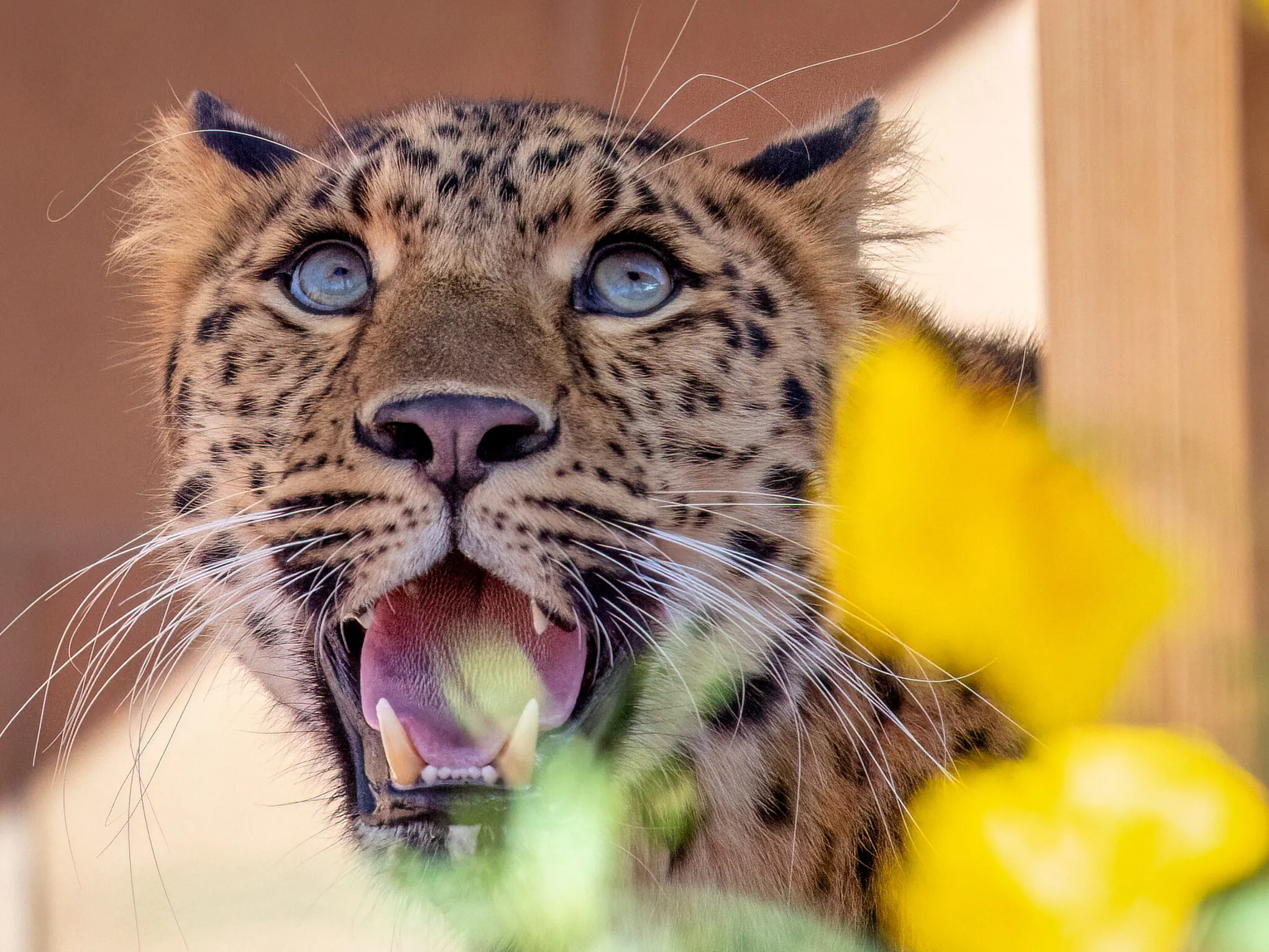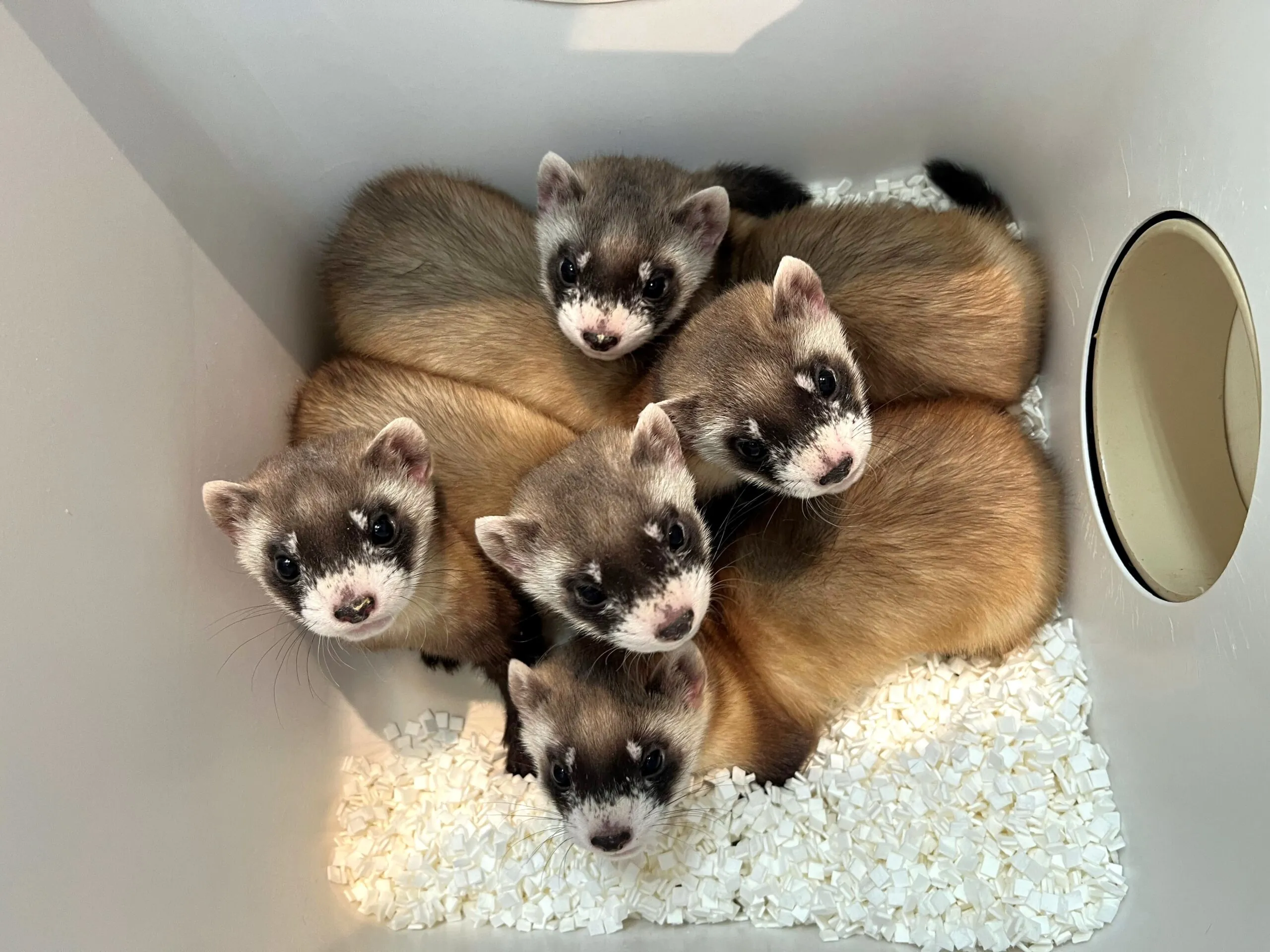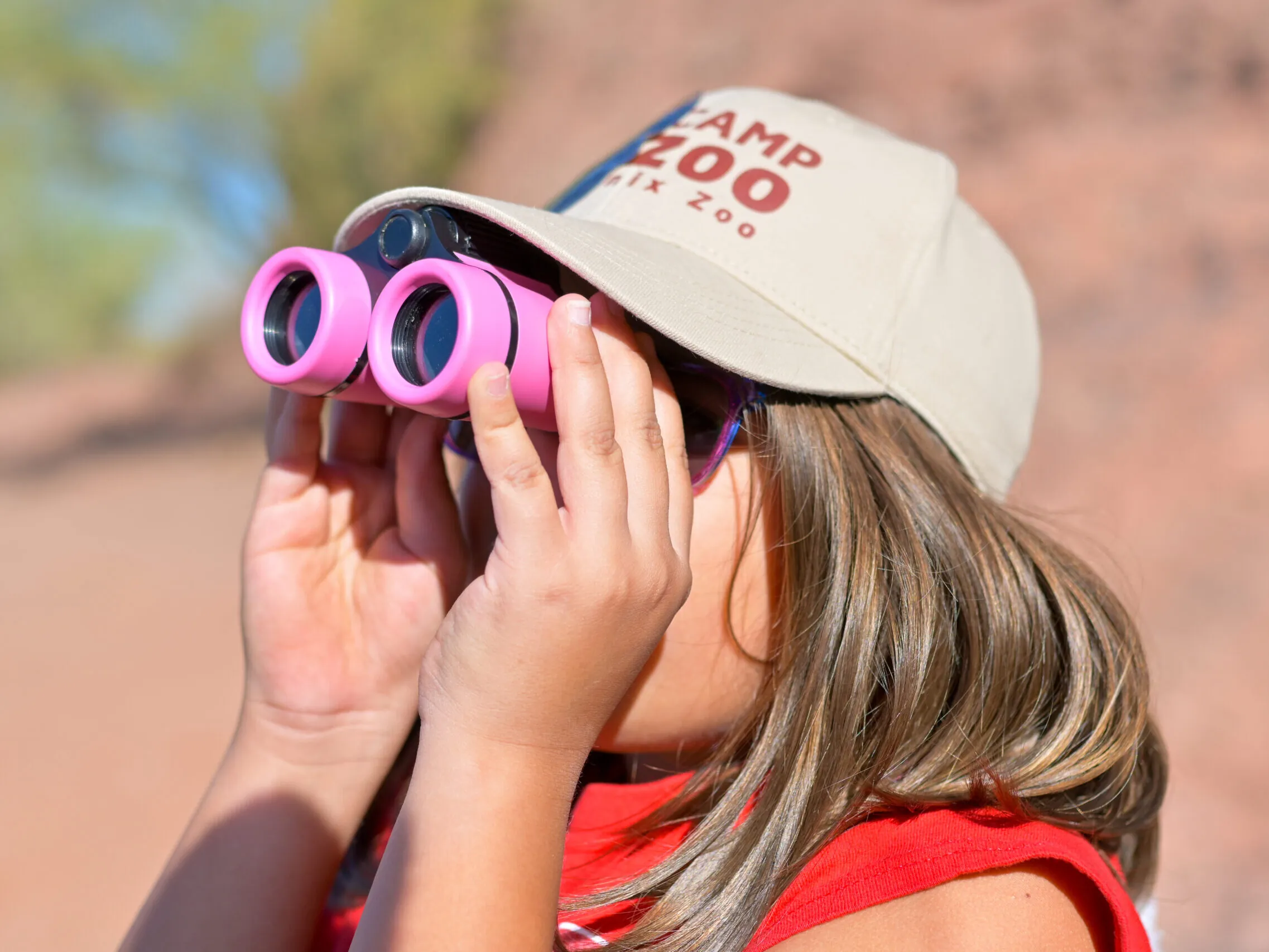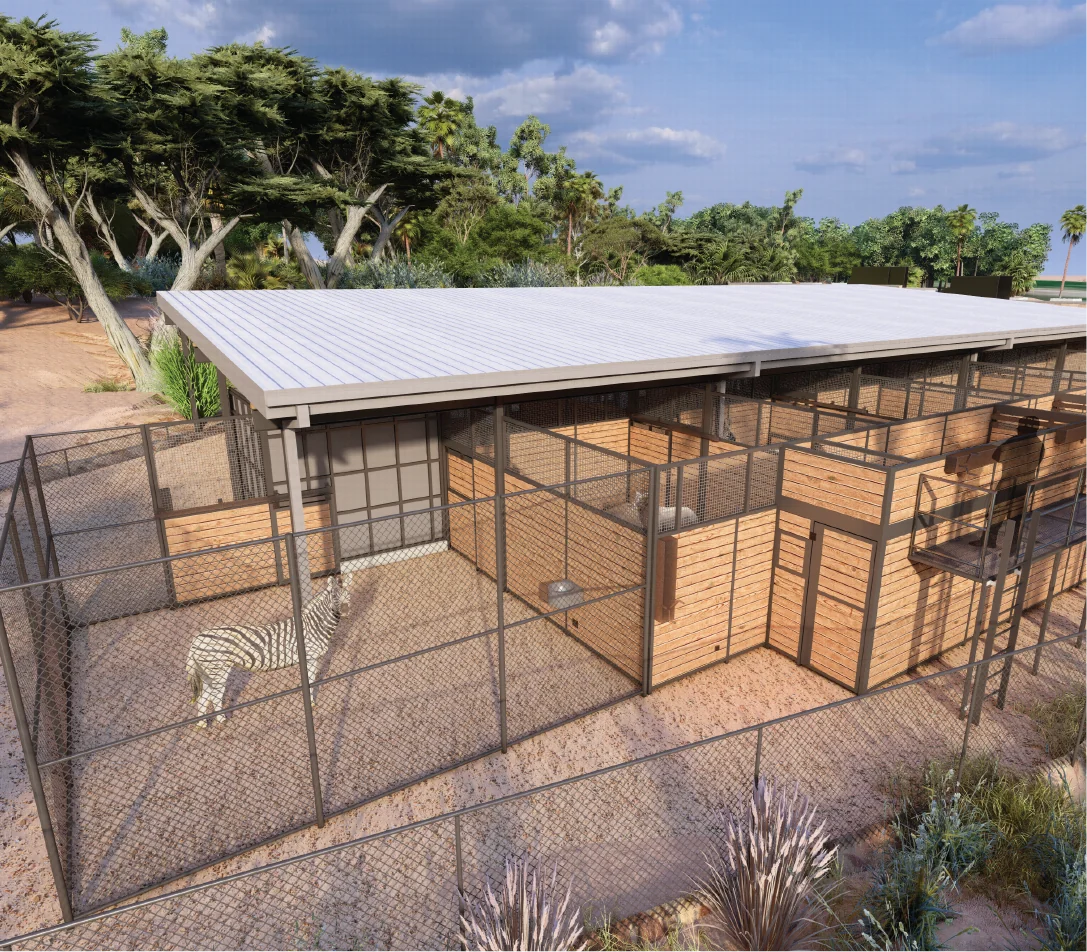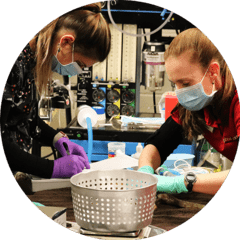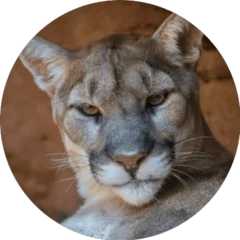Blog
Tooth Be Told
Proper Dental Care is Key for Carnivores
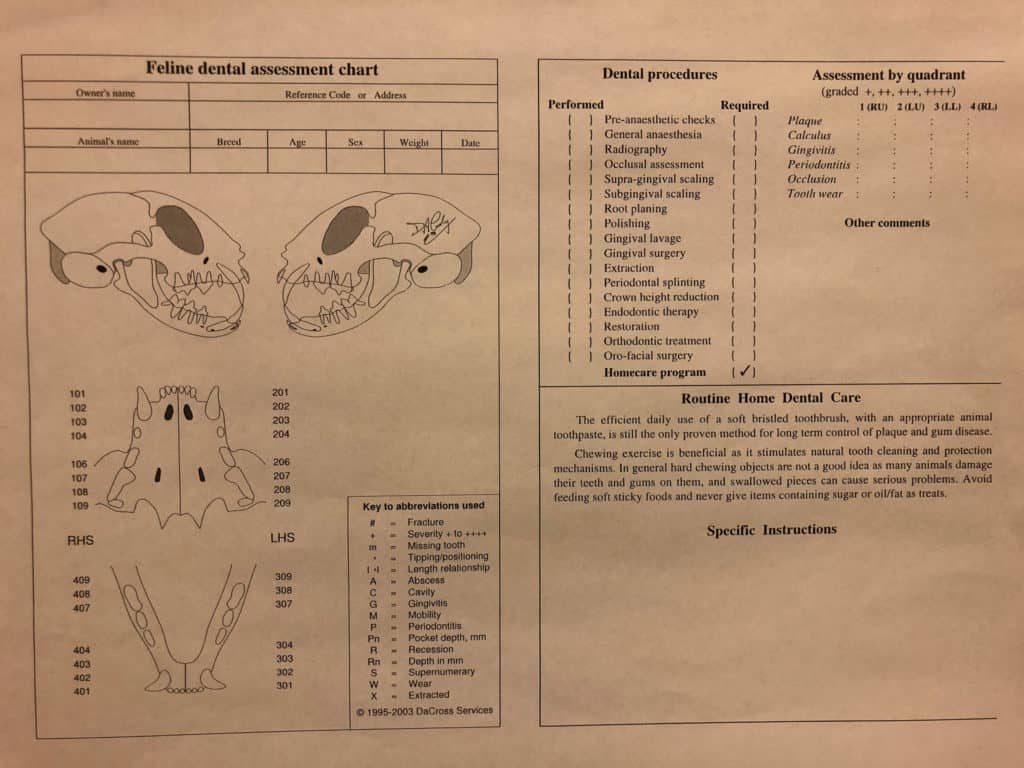
Just like in people, dental health is important for pets and the animals who call the Phoenix Zoo home.
In fact, an unhealthy mouth can be a catalyst for chronic problems and disease throughout the body.
Large carnivores are prone to dental trauma like fractures of their canine and carnassial teeth. Root canal therapy is ideal to preserve these large important teeth. If a root canal can’t be performed, surgical removal of the tooth can be considered, but is much more challenging.
Oral pain can have a significant impact on an animal’s comfort and quality of life. Addressing oral pain and treating the cause can dramatically improve an animal’s attitude, appetite and natural behaviors.
Routine cleaning of the teeth, when possible, improves overall tooth and gum health. In fact, when we have an animal under anesthesia for an exam, we try to clean the teeth as often as possible.
This involves first scaling (removing all the tough bits of tartar and calculus) and then polishing the teeth (to smooth at all the tiny scratches that scaling caused). Any abnormalities are subsequently charted in our medical records.
Helping Huck
Huck, a hyena, was recently treated for a tooth root abscess associated with his upper and lower canines.
He was anesthetized, local nerve blocks were administered to numb the regions, and then root canals were performed. This involves cleaning out the center of the tooth and then filling with inert material so there is no further pain and infection.
Feline Fine
Mystic, a mountain lion, had an incisor removed due to degrading of the tooth.
Root canals were also performed in a canine tooth and carnassial tooth
A Reason to Smile
Boykin, one of our cheetah brothers, had a root canal of a broken canine tooth.
Additionally, Boykin underwent a procedure to reduce the crown of one of his lower premolar teeth due to trauma it was inflicting upon his soft palate.


